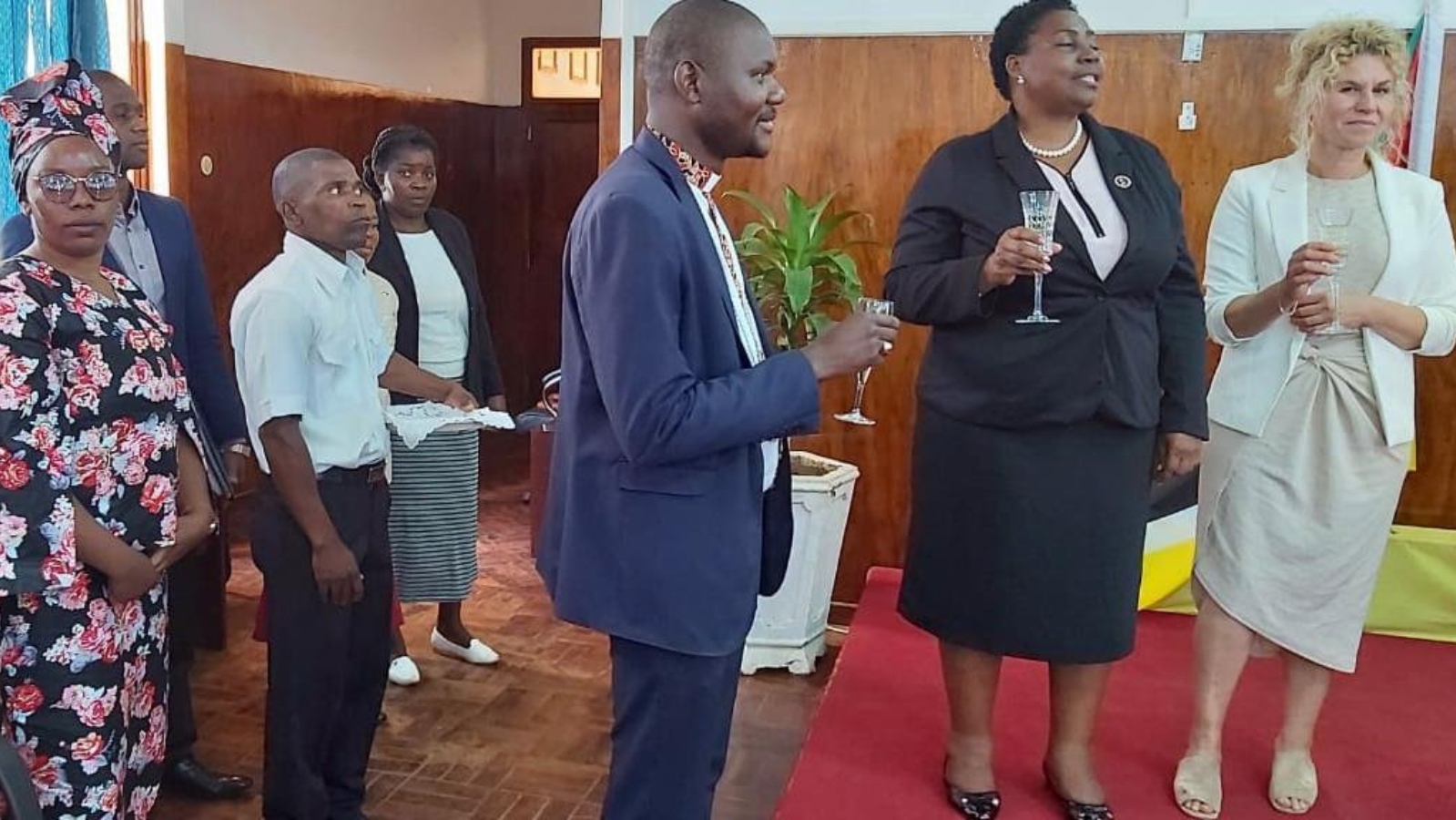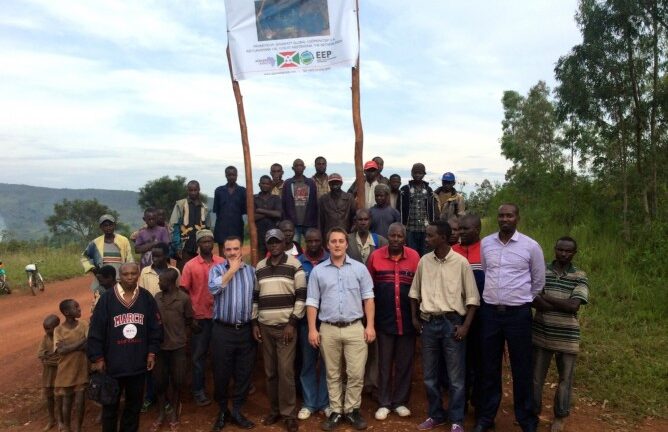Large-scale solar fields on church-owned land in Mozambique and Eswatini are to be built through the Faith Inspired Renewable Energy project, a collaboration between the Jerusalem-based Interfaith Center for Sustainable Development (ICSD), renewable energy company Gigawatt Global, and the Anglican Church in northern Mozambique and Eswatini.
“The overwhelming majority of rural households, schools, and health clinics in Niassa Province lack electricity,” explained Phillipa Friedland, deputy director of ICSD, as she signed a memorandum of understanding in Lichinga, Mozambique with Niassa Governor Francisca Domingos Tomas.
“Our goal is to significantly increase clean energy generation and help reduce energy poverty in one of the poorest places in the world,” Friedland continued. “Renewable energy production can significantly reduce reliance on diesel and gathered wood, the most polluting fuels, thereby helping to address air pollution and climate change.”
Two land-lease agreements were signed with the Church to make the project possible.
Bishop Vicente Msosa of the Anglican Church of Niassa Province said, “The Gigawatt Global/ICSD solar energy project will be most welcomed as the current energy supply is sporadic and insufficient. This clean-energy project will spur much needed sustainable development.”Less than 15 percent of 29 million Mozambicans are connected to the electrical grid.
“Electrifying Africa is one of the largest development challenges on earth,” said Israeli resident Josef Abramowitz, CEO and founder of Gigawatt Global,a multinational renewable energy platform bringing new sources of green power and social development to Africa and other emerging markets.
“There are less than 10 completed utility-scale photovoltaic (PV) solar fields in all of sub-Saharan Africa, where over 600 million people have no access to electricity. These projects will make an incredible difference in people’s lives, providing green energy as well as rental income to faith communities in these southern African countries, promoting health and economic development as well,” said Abramowitz.
Fighting for Israel's truth
We cover what makes life in Israel so special — it's people. A non-profit organization, ISRAEL21c's team of journalists are committed to telling stories that humanize Israelis and show their positive impact on our world. You can bring these stories to life by making a donation of $6/month.








